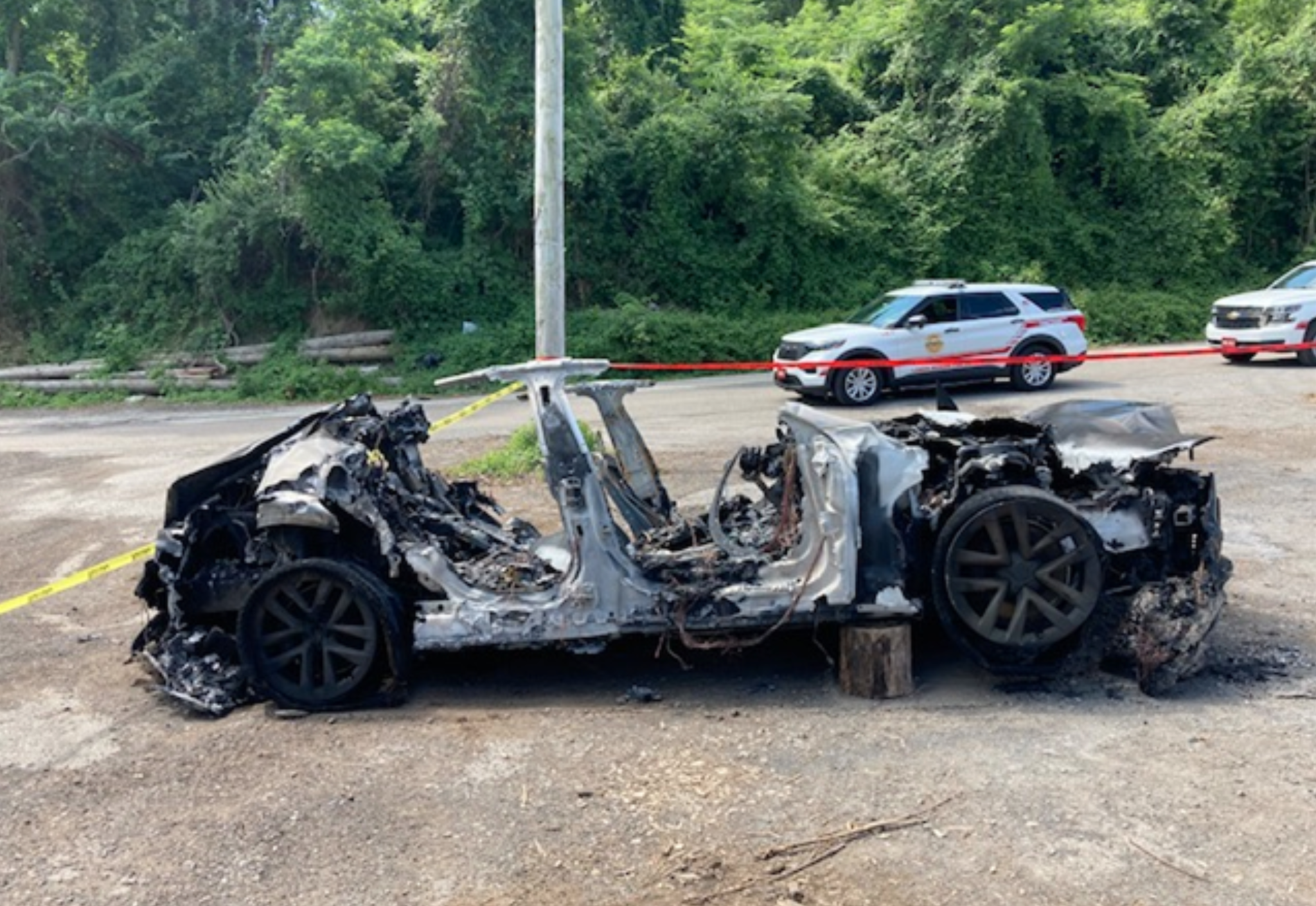In 2020, Tesla had its ballyhooed “Battery Day” – a much-publicized event where Elon Musk announced the company’s 4680 battery.
The idea behind the 4680 is that it will deliver much higher performance at much lower costs. Of course, like many Musk promises, it may eventually exist and it may not.
Now, it’s GM’s batteries that are making headlines. The company’s Chevy Bolt battery-fire saga may finally be solved.
Let’s recap
Spontaneous combustion is a real issue for battery-powered EVs. Teslas have been infamous for spontaneously combusting. GM’s Chevrolet Bolt EVs have shown that as well.
Globally, at least 13 of Chevy’s electric vehicles — which differed in year and model — have suddenly caught fire as a result of a battery manufacturing issue.
At the center of it all was LG Chem, GM’s battery supplier.
After months of pressure, GM announced a recall of Chevy Bolts in late August. This covered all model years and reportedly cost the company $1.8 billion.
A total of around 140,000 cars were recalled.
At the same time, at least we can give them credit for taking safety seriously. Tesla, a company very focused on its stock price and trying to maintain a clean and cool image, has been much less reluctant to issue recalls.
So what happened with the Chevy fires?
GM announced they were caused by two manufacturing defects: a torn anode and folded separator.
Both defects must be present in the same battery cell to generate a fire.
After identifying the issue, LG overhauled its manufacturing and quality assurance processes at battery plants in Michigan. It then added capacity to catch up after the period of decreased production.
Vehicle production, which paused August 23, should resume in October, and LG will start shipping replacement batteries in mid–October.
Looking ahead
GM will add diagnostic software in current and future models of its vehicles to help detect potential battery abnormalities.


